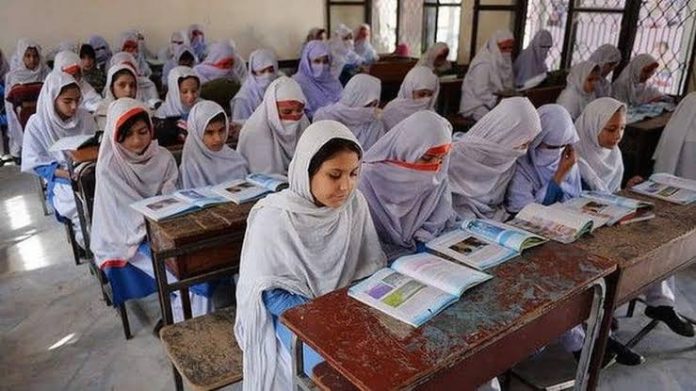The Sindh government has decided to delay the Intermediate exams across the province because of the ongoing heatwave. Sindh Chief Minister Syed Murad Ali Shah approved the delay after a recommendation from Provincial Minister for Universities and Boards, Muhammad Ali Malkani. The exams were initially planned for May 22 but will now begin on May 27, according to a spokesperson from the Universities and Boards Department.
The Meteorological Department had previously warned that a heatwave would affect most parts of the country, especially Punjab and Sindh, starting from May 21. They forecasted that temperatures would be four to six degrees higher than normal from May 21, and would rise to six to eight degrees above normal between May 23 and 27. Due to this, people are being advised to avoid unnecessary sun exposure and to drink plenty of water to stay hydrated.
In response to the extreme heat, the Punjab government has also made changes to school schedules. Punjab’s Minister for School Education, Rana Sikandar Hayat, announced that all public and private schools will operate on a shorter schedule from May 18 to 31. On Mondays to Thursdays and Saturdays, schools will be open from 7am to 11:30am. On Fridays, they will operate from 7am to 10am.
These measures are being taken to protect students and staff from the intense heat. The delay in exams and adjusted school timings are aimed at reducing the risk of heat-related illnesses. The government is prioritizing the health and safety of students and school personnel during this period of unusually high temperatures.
The decision to postpone the exams and adjust school hours highlights the severity of the heatwave and the proactive steps being taken by both the Sindh and Punjab governments. Officials are closely monitoring the situation and advising everyone to take necessary precautions, such as avoiding the sun during peak hours and staying well-hydrated. These changes will help ensure that students can continue their education safely without being exposed to dangerous heat levels.


